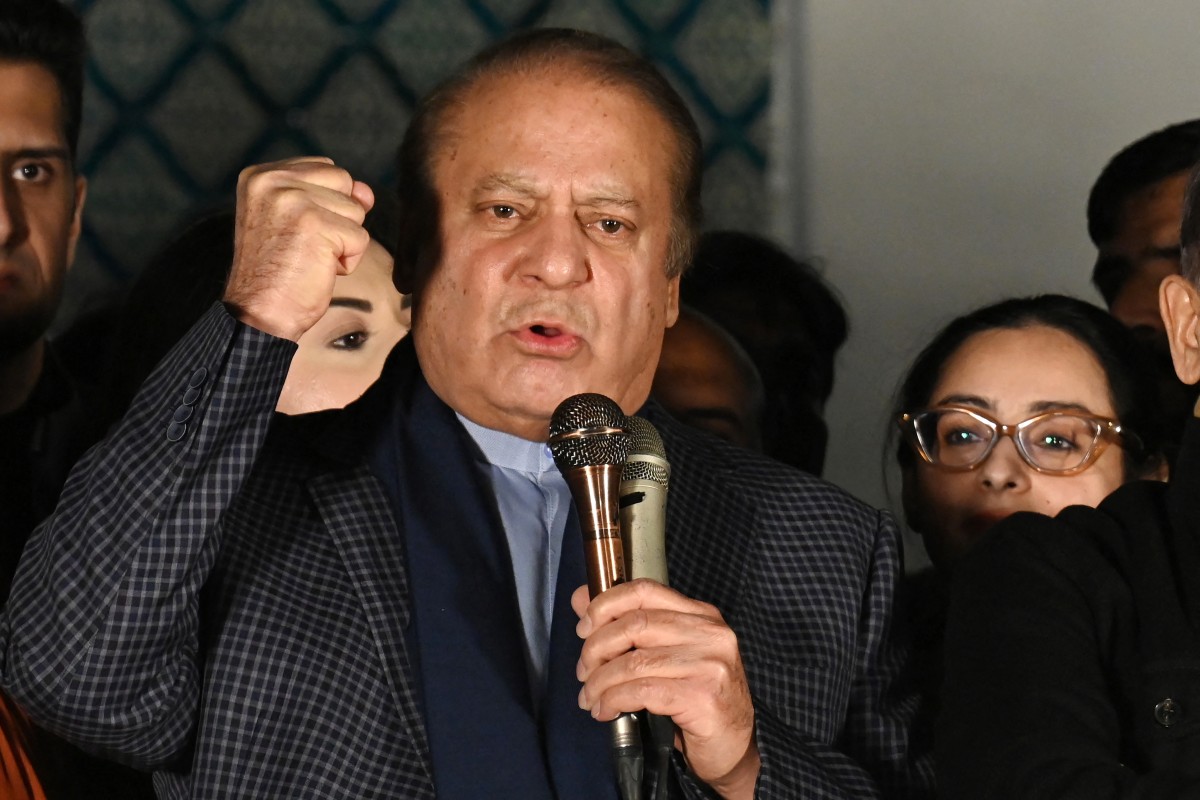Islamabad, Pakistan – Pakistan needs to move on from the politics of “anarchy and polarization”, the country’s army chief said Saturday, as the final results from a general election trickled in.
The military looms large over Pakistan’s political landscape, with generals having run the country for nearly half its history since partition from India in 1947.
“The nation needs stable hands and a healing touch to move on from the politics of anarchy and polarisation, which does not suit a progressive country of 250 million people,” said General Syed Asim Munir, according to a statement from the military.
Politicians and political parties rise and fall with the backing of the military, which this year was widely believed to be backing the party of three-time former prime minister Nawaz Sharif.
Pakistan faces days of political horse-trading after the final few election results released Saturday showed no clear majority, but a strong performance by independent candidates loyal to jailed former prime minister Imran Khan.
But after long delays in results that prompted further allegations the military establishment had engaged in vote-rigging, the army-backed Pakistan Muslim League-Nawaz (PML-N) declared victory as the party with the largest number of seats.
“Elections are not a zero-sum competition of winning and losing but an exercise to determine the mandate of the people,” the military statement credited Munir as saying.
“Political leadership and their workers should rise above self-interests and synergize efforts in governing and serving the people, which is perhaps the only way to make democracy functional and purposeful.”

